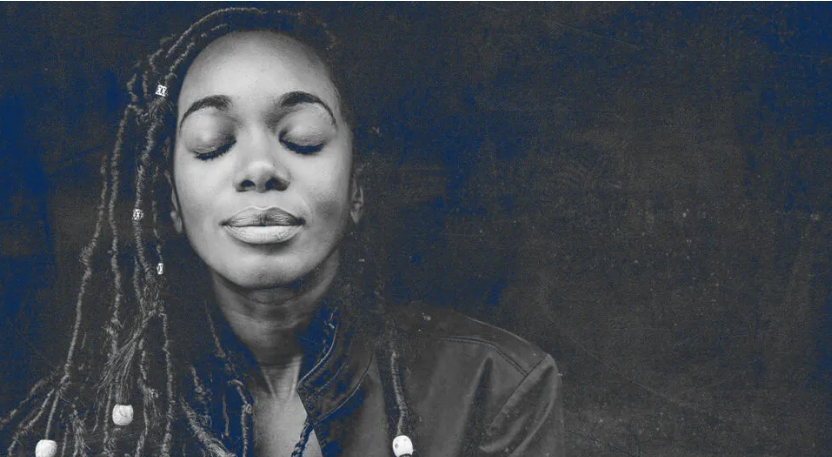
- The COVID-19 pandemic has resulted in a significant rise in mental distress around the world.
- A recent study in the United States concludes that getting the first dose of the COVID-19 vaccine significantly improved mental health.
- Specifically, the researchers investigated the link between receiving a shot of the COVID-19 vaccine and short-term improvements in mental health.
- The results may help explain how pandemic-related stressors exacerbate mental health distress and how vaccines help out.
The COVID-19 pandemic has disturbed vital aspects of people’s lives — finances, work, socialization — potentially affecting their mental health. This resulted in an increase in mental distress in people in many countries of the world.
One study shows that levels of mental distress went up in the U.S. around March 2020 and only returned to pre-pandemic levels in August 2020.
ResearchersTrusted Source attribute this trend to various factors, including fear about the pandemic’s impact on the economy, concerns over the rising number of COVID-19 cases, and physical distancing measures.
With the rollout of the COVID-19 vaccines, a group of scientists embarked on a study to compare mental health improvements in people who received a vaccine with the improvements in those who did not. The results appear in the journal PLOS ONETrusted Source.
The scientists conclude that “getting the first dose of COVID-19 [vaccine] resulted in significant improvements in mental health, beyond improvements already achieved since mental distress peaked in the spring of 2020.”
Lead study collaborator, Dr. Francisco Perez-Arce, an economist at USC in Washington, described the study, which began in March 2020, to Medical News Today.
“Very early on in the pandemic, in March of 2020, we started a panel to track the multiple impacts of the pandemic on several outcomes, including mental health. Our panelists, who are respondents from the Understanding America Study, answered surveys every 2 weeks or so, which has allowed us to track trajectories in many variables, such as mental health and vaccination status,” he said.
“Looking at the impact of getting vaccinated allows us to study the extent to which reducing your health risks relieves mental distress,” he concluded.
Dr. Perez-Arce and his colleagues surveyed 8,003 adult participants between March 10, 2020, and March 31, 2021.
They asked the participants, selected from the Understanding America Study (UAS), which is a nationally representative longitudinal study of Americans aged 18 years or older, to complete at least two study waves.
The participants answered questions about their COVID-19 vaccine status and self-reported mental distress levels, which the researchers then measured using the four-item Patient Health Questionnaire (PHQ-4)Trusted Source.
Between April 1, 2020, and February 16, 2021, the study authors measured the responses every 2 weeks. After that period, they measured them every 4 weeks. Altogether, the total data consisted of about 157,227 respondent-wave observations.





















